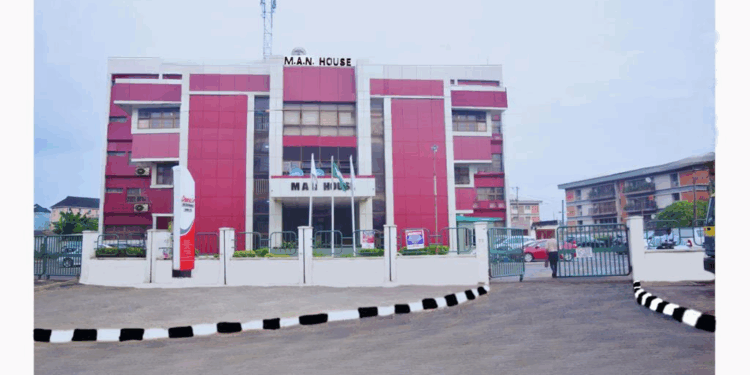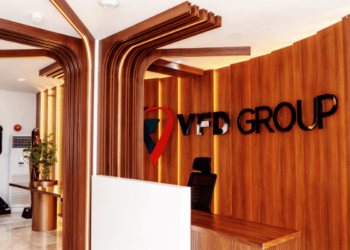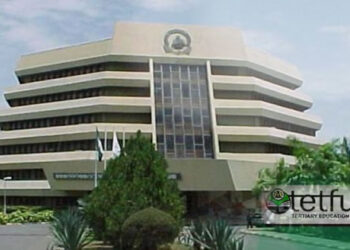The Manufacturers Association of Nigeria (MAN) has said that the decision of the Central Bank of Nigeria (CBN) to maintain the Monetary Policy Rate (MPR) at 27% is unfavourable, noting that the current lending rate at 30-37% has continued to undermine production and erode competitiveness in the sector.
The Association, in a statement released on Wednesday, said the cost of borrowing remains the biggest constraint facing factories across the country.
MAN noted that while the CBN’s emphasis on exchange rate stability and improved forex liquidity is vital, as manufacturers rely on foreign exchange for imports, “it is also essential to reduce the cost of funds to encourage borrowing for expansion and investment.”
Reduction expectation
While commending the CBN for holding the MPR at 27%, the group said what it expected was a further reduction.
“The expectation of the Association is a further reduction in the rate to reduce the cost of borrowing for manufacturers,” MAN stated.
- It warned that persistent high lending rates would further limit access to affordable credit for manufacturers, especially those within the SME cadre.
- MAN added that the lending rate situation is complicated with prevailing structural challenges like poor infrastructure, high logistics costs, inadequate electricity supply, high energy cost and insecurity that cumulatively raise production costs and weaken competitiveness.
“MAN urges the Central Bank and other policymakers to continue to pursue policies that foster inclusive growth, incentivize manufacturing and address binding constraints limiting the performance of the sector. The CBN should also strengthen handshake with fiscal authority to promote reforms capable of unlocking the full potential of the manufacturing sector,” the statement read in part.
Recommendations for CBN and FG
To unlock the sector’s potential and convert recent macroeconomic gains into real productivity, MAN called for the following:
- A downward review of the benchmark rate at subsequent MPC meetings.
- Targeted credit interventions to channel funds to capital-intensive manufacturing segments.
- Greater investment in infrastructure to lower the cost of production.
- Closer fiscal-monetary coordination to stabilize the naira and manage external risks.
- Complementary fiscal reforms in agriculture, manufacturing, and energy to ease inflationary pressures.
- Urgent action on insecurity, especially in industrial and agricultural zones.
- Monitoring of the impact of past MPC decisions on credit access to the real sector.
What you should know
The Monetary Policy Rate (MPR) is the benchmark interest rate set by the CBN, while the lending rate is the actual rate commercial banks charge borrowers.
At the end of 303rd meeting held between November 24 and 25, the CBN’s Monetary Policy Committee (MPC) retained the MPR at 27%, citing continued macroeconomic stability, including a sharper-than-expected drop in inflation to 16.05% in October 2025, steady output growth, a stable exchange rate, and stronger external reserves.
To improve liquidity and push banks to lend more, the MPC adjusted the Standing Facilities Corridor to +50/-450 basis points around the MPR, while keeping the Cash Reserve Ratio at 45% for commercial banks and 16% for merchant banks. The 75% CRR on non-TSA public sector deposits was also retained.























